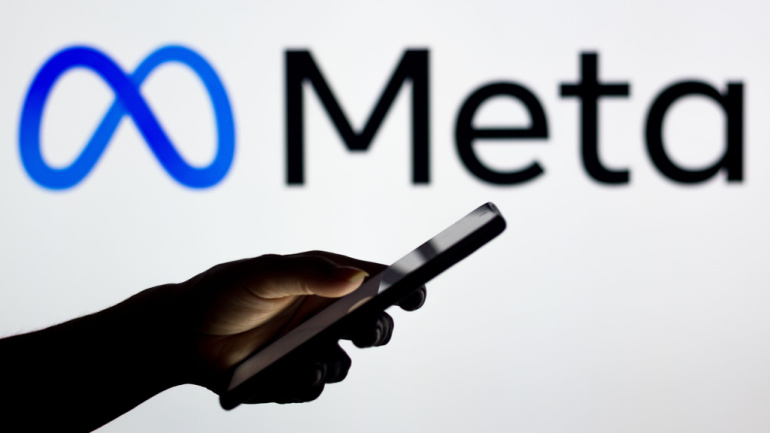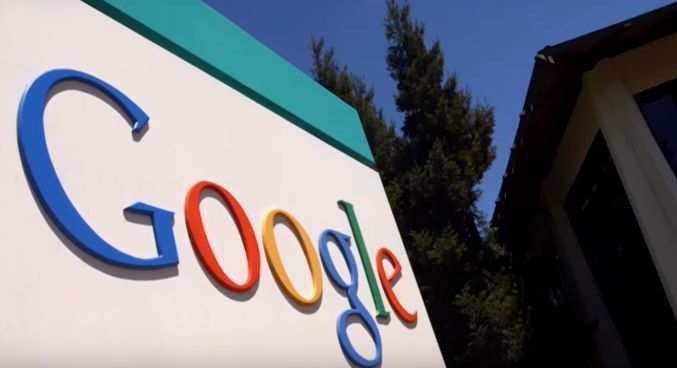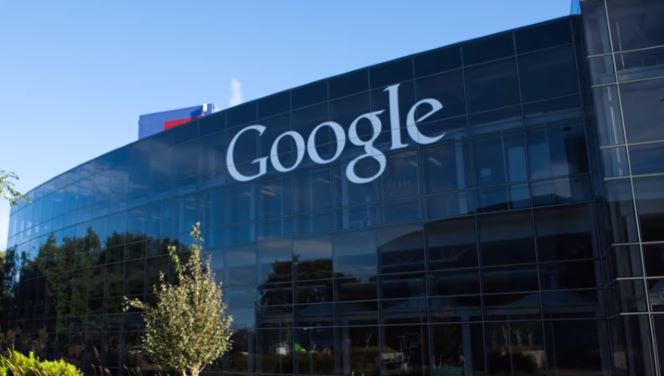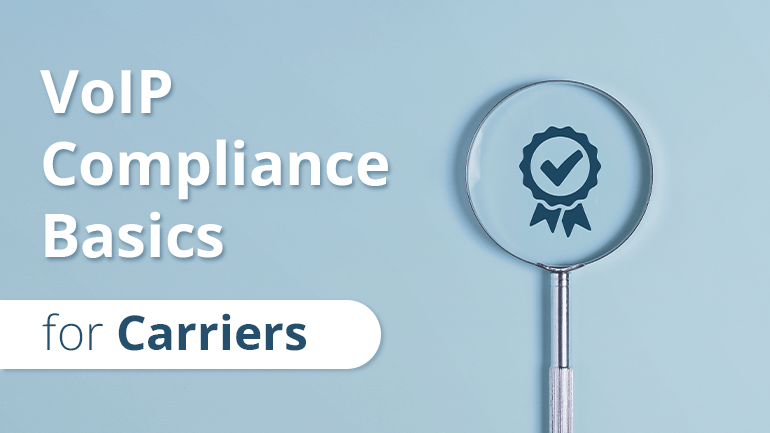Meta faces a record €1.2 billion GDPR fine for transferring European users’ data to the US, raising questions on compliance, data privacy regulations, and US surveillance laws. With Meta appealing the decision, the telecommunications industry watches closely.
Meta was fined €265 million by Irish regulators on Monday. This is the company’s latest penalty for violating rigorous European Union data privacy regulations. According to the Data Protection Commission (DPC), Meta Platforms Inc. violated parts of the EU’s General Data Protection Regulation (GDPR), which require technological and organizational measures to secure user data. The authority began looking into press reports that user data for more than 533 million people was discovered to have been leaked online last year. This information was detected on a website for hackers, and includes names, Facebook IDs, phone numbers, residences, birthdates and email addresses of individuals from more than 100 different countries. The DPC investigation discovered that Meta’s Facebook Search, Facebook Messenger Contact Importer and Instagram Contact Importer capabilities did not adhere to GDPR rules between May 25, 2018 and September 19, 2019. According to Meta, the information was “scraped”…
The National Data Protection Commission (CNIL), France’s data protection office, has imposed a fine of €50 million against Google LLC for breaching the European Union online data privacy rules. This is the first major case where a fine is being imposed under the EU’s stringent General Data Protection Regulation (GDPR) that came into force last year. The French watchdog found the US search engine giant guilty of “lack of transparency, inadequate information, and lack of valid consent regarding ad personalisation.” This case stems from concerns that were raised over Google’s applied methods of collecting data, and the lack of clear options provided for the users to consent to personalised ads. “The general structure of the information chosen by the company does not enable [it] to comply with the Regulation,” read a CNIL statement. “Essential information, such as the data processing purposes, the data storage periods or the categories…
In compliance with Europe’s General Data Protection Regulation (GDPR) which came into force earlier this year, Google is updating its Terms of Service and Privacy Policy. The company has started to notify European Economic Area (EEA) and Swiss users about the changes coming into effect on January 22, 2019. Google Ireland Limited, based in Dublin, will become the center responsible for consumer services, such as Search, Gmail, and Maps. The alterations to Google’s general Terms of Service are due to the replacement of the current service provider, Google LLC, based in the US. Similar changes are also being made in separate terms for Drive, Play, YouTube, and YouTube Paid Service. Furthermore, the Irish subsidiary will take over the responsibility for data control, and assume the legal liability for the information of EEA and Swiss users. “Google Ireland Limited becomes responsible for responding to requests for its user data, including from EU law…
The European Union’s NIS2 Directive enhances cybersecurity across essential sectors, affecting many organizations. With fines up to €10 million for non-compliance, businesses must align cybersecurity to their service scope.
Regulatory compliance is crucial for VoIP carriers to ensure the delivery of reliable communication services. Non-compliance can result in severe penalties, loss of licenses, and reputational damage. This article provides an overview of key regulations, such as data protection and emergency services, that carriers must navigate to operate legally and protect consumers.
Businesses using VoIP must navigate complex regulations to ensure compliance. Key areas include licensing, security, data protection, emergency services, and international laws, making regulatory adherence crucial for safe and effective VoIP usage.
In today’s fast-paced digital world, businesses must adapt to mobile-first communication platforms to stay competitive. These platforms enhance flexibility, collaboration, and employee engagement by prioritizing mobile device usability, offering tools like instant messaging and video conferencing. With benefits like cost savings, improved customer service, and scalability, mobile-first platforms are essential for modern business success.
The new Artificial Intelligence (AI) Act in the European Union heralds a comprehensive regulatory framework for AI development and usage, with major provisions taking effect by August 2024. Central to VoIP technology, the Act categorizes AI systems by risk levels, implementing stringent regulations for high-risk categories, ensuring security and transparency in AI-driven communications.
Orange Wholesale has partnered with Connectbase to optimize its digital customer journey and service delivery. Hivelocity launches a new VMware-based private cloud service. Actelis has secured orders to deploy its hybrid-fiber technology in international airports. WatchGuard launches ThreatSync+ NDR, an AI-driven cybersecurity solution for businesses of all sizes.













